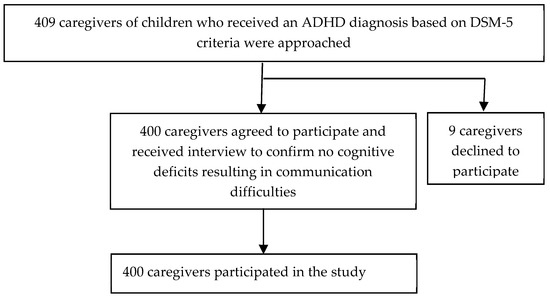

You can relieve stress by dialing out your gaze, looking at everything around you and where you are in your environment.Search “brain training” and you’ll find countless apps, games, and tools promising to make you smarter, slow cognitive decline, and/or boost creativity. We have the capacity to switch back and forth between different modes of vision and change our level of autonomic arousal. They’re the bridge between your visual attention and your mental attention. When we focus our attention on something very closely, a part of the brain called the frontal eye fields get involved. Panoramic vision is associated with lower levels of autonomic arousal. This mode of vision is designed to look at everything around you, on the sides and above all at once.

This close vision is associated with increased vigilance and attention that’s correlated with autonomic arousal (stress). One visual system is designed to look at particular things very closely, like a computer screen. Professor Huberman’s research shows we have 2 modes of viewing the world.
Why does staring at screens all day make us feel stressed? Lifelong neuroplasticity evolved specifically to allow humans to adapt to changing environments at any age.įor more information, check out this article: “In pursuit of resilience: stress, epigenetics, and brain plasticity.” We can leverage the stress we experience to learn new things. Science shows we can frame stress as a positive or negative. Our heightened capacity for self-directed adaptive plasticity means it’s a great time to be learning something new: Cooking, painting, gardening, video editing, a foreign language. The most powerful brain changes happen when we focus, have an internal sense of urgency and get enough sleep to allow changes to brain structure to happen. Professor Huberman says urgency and focus are what promote the neurochemicals that trigger neural plasticity. While it’s true that neural plasticity is more robust in our younger years, it can be activated again as adults. Our brains don’t stop changing after childhood. We’re all in a heightened state of neuroplasticity right now, he says. Professor Huberman’s research focuses on neuroplasticity, the development of new connections between neurons. I spoke last week with Andrew Huberman, Stanford professor of neurobiology. Why now is a great time to learn something new Doing this can help rewire your brain to see more possibilities, more insights, and help you see opportunity when it arises. It's just doing small things, such as writing down three good things that happened over the course of a day or three things you're grateful for. Happiness is not just a state of mind it's also a muscle that can be exercised. Optimistic salespeople outsell their pessimistic counterparts by 56%. The reality is the inverse: Happiness breeds success.ĭoctors put in a positive mood before making diagnosis show almost three times more intelligence and creativity than doctors in a neutral state and they make accurate diagnoses 19% faster. The book debunks the commonly held belief that success breeds happiness. I read “ The Happiness Advantage” by Shawn Achor. Be happy now, without reason - or you never will be at all.” - Dan Millman “Wake up! If you knew you had a terminal illness―you had precious little time left to make use of your life, you'd not waste time on self-indulgence or fear, lethargy or ambition.


 0 kommentar(er)
0 kommentar(er)
